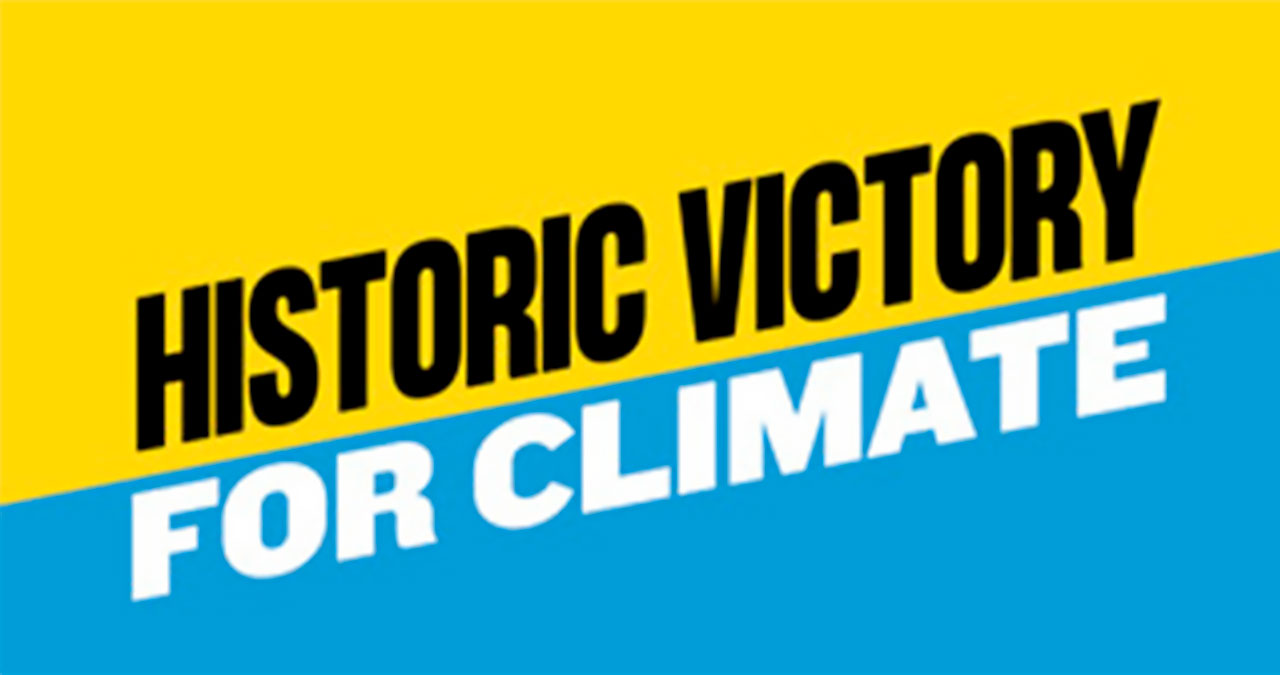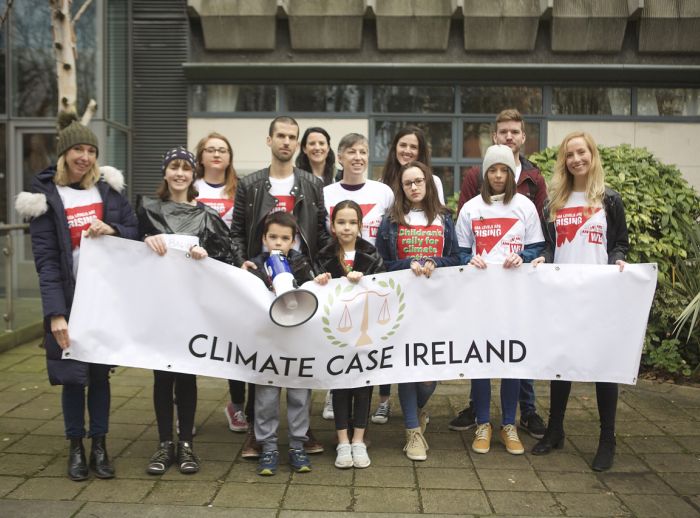- 3 min read
- Published: 3rd February 2021
Historic climate win in French court as law rules in favour of Oxfam and partners

The people have had their say – and in this case, it was the people of France.
In December 2018, four NGOs – including Oxfam France – launched a legal action against the French government for failing to cut the country’s emissions fast enough to meet its climate commitments.
The four organisations were backed by a record 2.3 million people, all of whom had signed a petition supporting the action.
Now a French court has found in favour of the plaintiffs, agreeing that the country’s political leaders have failed to take adequate action to tackle the climate crisis.
This marks the first time that the French state has been taken to court over its climate responsibilities – and the decision leaves the government open to lawsuits from French citizens who have suffered climate-related damage.
It could also force the French government to take further steps to cut its emissions.
Other countries, including Ireland, have already brought similar cases to court. In June 2020, Friends of the Irish Environment took the Irish government to the Supreme Court for failing to take adequate action on climate change – and won.

Climate Case Ireland was the first case of its kind in Ireland and only the second case in the world in which the highest national court of law required a government to revise its national climate policy in light of its legal obligations.
Michael McCarthy Flynn, Head of Policy and Advocacy at Oxfam Ireland, said:
“As our own Supreme Court has already put the Irish government on notice for failing to take adequate action on climate change, in a similar case, it is essential that the new Climate Change Bill currently going through the Oireachtas is robust enough."— Michael McCarthy Flynn, Head of Policy and Advocacy at Oxfam Ireland
Ireland’s win followed that of the Urgenda Climate Case in the Netherlands in December 2019, when the country’s Supreme Court upheld previous decisions that the Dutch government had a duty to urgently and significantly reduce emissions in line with its human rights obligations. Climate change litigation is increasingly seen as a way to influence policy, according to a 2019 report by the Grantham Research Institute on Climate Change and the Environment. The report, co-published by the London School of Economics and Political Science, revealed that more than 1,300 climate cases have been filed in at least 28 countries, with governments cited as the main defendant in over 80 percent of cases.
Back in France, the government’s proposed climate law is, by its own admission, not enough to achieve its target of cutting emissions by 40 percent by the end of this decade. Even this target is not enough to put the country on track to tackle the climate crisis, Oxfam France said.
“For the first time, a French court has ruled that the State can be held responsible for its climate commitments. This sets an important legal precedent and can be used by people affected by the climate crisis to defend their rights.
“This is a source of hope for the millions of French people who demanded legal action, and for all of those who continue to fight for climate justice around the world. It is also a timely reminder to all governments that actions speak louder than words.”— - Oxfam France
The French government now has two months to appeal the court’s decision. While the four NGOs have asked the court to order the state to take extra measures to fulfil its climate commitments, the court has reserved its decision until later in the spring, allowing for further discussions between the two parties.
Oxfam launched the legal action because the climate crisis is fuelling poverty, hunger and inequality around the world. Often it is the poorest countries that have contributed least to the crisis that pay the highest price. In September 2020, Oxfam revealed that the richest one percent of people produce more than double the emissions of the poorest half of the world population combined.
